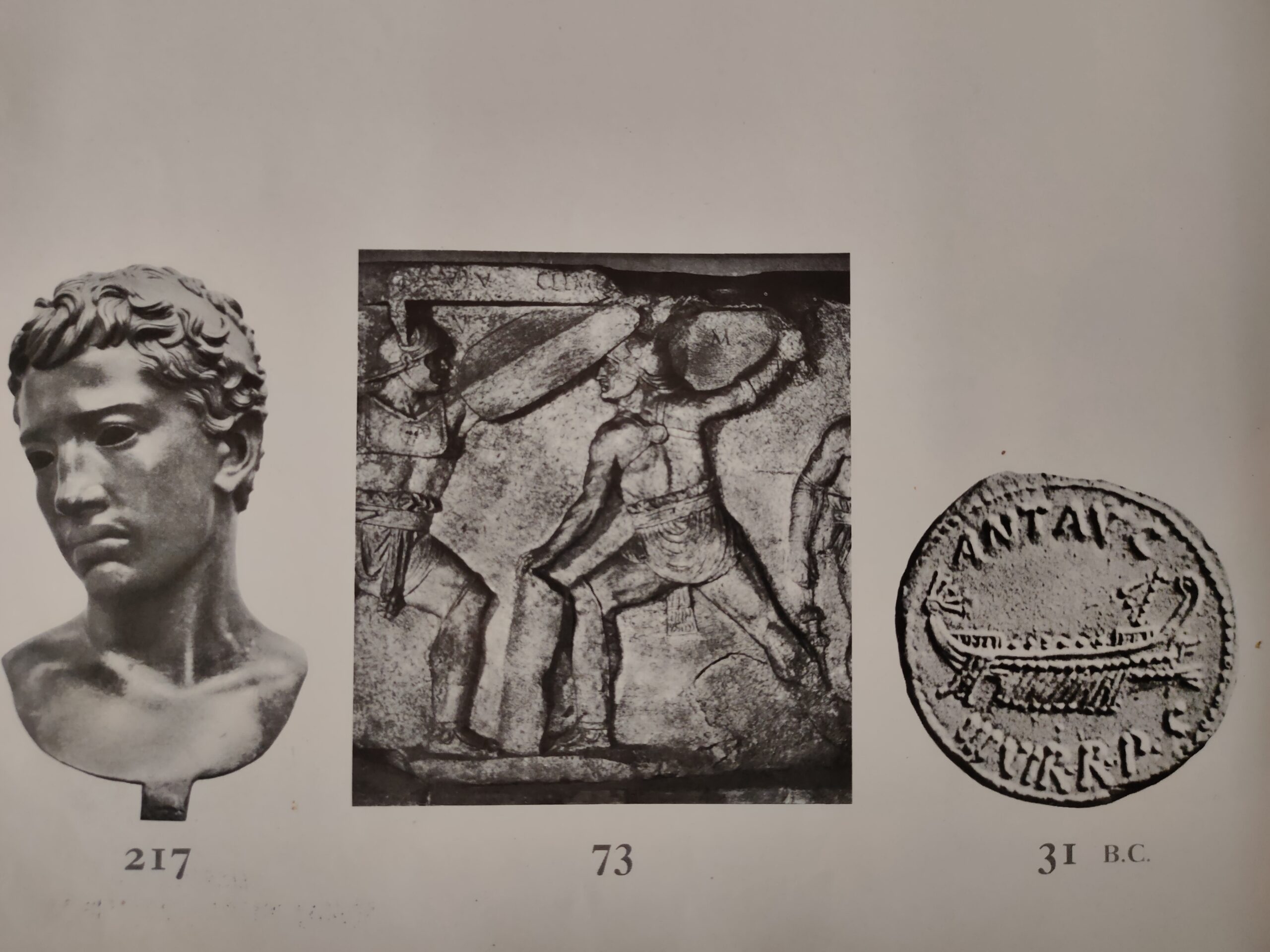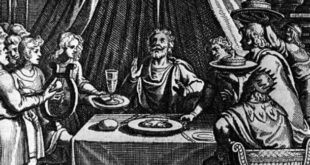By 2000 B.C. Crete, and its out post the island of Santorin, was the home of a remarkable, flourishing civilization. Known as Minoan, after the legendary King Minos, this civilization ranks with Mesopotamia and Egypt as one of the great centres of human development and progress. The Cretans were great seafarers and traders, they soon carried their civilization to other islands of the Aegean and to the Greek mainland. Archaeology has shown us that round about 1700 palaces in Knossos and Phaistos, the two chief towns of Crete, were destroyed by fire. They were rebuilt, however, and a bright new chapter …
Read More »Hittites – A New Power Arises (1750 – 1450 B.C.)
Hittites, a new power, arises in the Near East and Babylon is eclipsed. The Babylonian kings who followed Hammurabi were unable to hold the wide territories that he had won. New enemies challenged the supremacy of Babylon in Mesopotamia; the south broke away and a new kingdom came into being, the dynasty of the Sea Land, with its centre in the marshy region around the head of the Persian Gulf. The Babylonian army was more than once defeated by the Cassites, a mountain people from the region now known as Kurdistan. In the northwest, the Mari region regained independence. From …
Read More »Hammurabi – The First Law Code (1750 B. C.)
As the political state evolved, the problem of its administration evolved too. The territory ruled over by Hammurabi of Babylon was composed not simply of two adjacent areas with similar characteristics — as in Narmer’s Egypt — but of former independent states with very different traditions. Hammurabi had extended his territory by conquest, but as overlord he proved a conscientious ruler, dedicated to reform, and possibly the greatest tribute paid to him by his subjects was the comment, preserved in the chronicles of the country: “He established justice in the land.” Inscribed on a stone, the memorial of his justice …
Read More »Early Culture Existed for Centuries
Early culture, between 3000 to 1750 BC, in Mesopotamia, the land between the rivers, another civilization is already far advanced. The ancient Egyptians can be said to have been the first ancient people to create a national state. Another ancient people, however, can claim priority over the Egyptians in the invention of some of the arts of civilization and in the development of urban life. These were the inhabitants of the early culture of ancient Mesopotamia, now called Iraq, the land through which the Tigris and Euphrates, the Twin Rivers, flow. In the southern part of this land the inhabitants …
Read More »3000 BC – Gift of the Nile
On the long road to civilization, the emergence of the national state –particularly in the context of the world in which we live — is of paramount importance in 3000 BC. Although other countries, in particular Mesopotamia, modern day Iraq, developed some of the arts of civilization earlier, Egypt was the first country to draw itself together with a national identity. The documents that survive from the period 3000 BC are few and therefore it is all the more remarkable that we know as much as we do about the unification of Upper and Lower Egypt. The invention of writing …
Read More »What is History?
Many answers have been given to this question. To most people it is undoubtedly the record of past events, but a moment’s reflection will show that it is not a record of everything that has happened, whether the subject be the history of mankind as a whole, or of a nation, a city, a religion or institution. History, as it is recorded by chroniclers or presented by historians, inevitably involves the selection of certain events as being especially significant among all that happened within a specific area of the past. Selection also implies criteria of interpretation by which events are …
Read More »Hellenistic Age – Alexandria and Byzantium
Hellenistic Age is the period after Alexander’s death. Alexander drank too much on an autumn night in the year 323, or because medical science was not yet far enough advanced to cure the fever which his excesses brought on, another experiment in philosopher kingship, or at least in philosopher-guided kingship, ended prematurely. Not that Aristotle had accompanied Alexander, but they had corresponded and if Alexander had thought of settling down and concentrating on administration, Aristotle, who studied the constitutions of 158 Greek states, would have been the man to advise him. On the other hand Alexander also corresponded with his …
Read More »Alexander of Macedon
Unity, for a time and a philosopher king, of sorts, finally came to Greece from Macedon in the north. In the year 356 Alexander was born. Macedon under King Philip, Alexander’s father, was already recognised as a rising power. At Athens the aged teacher of oratory Isocrates (b. 436) hoped that Philip would unite the Greeks in a new crusade against Persia. The orator Demosthenes (not to be confused with the general who died in the Sicilian expedition) was for resisting Philip. He flayed the King of Macedon in a series of orations which have given us the word philippic …
Read More »Plato
Dionysius enjoyed culture as well as cruelty. He wrote poems, which were recited at the Olympic Games and one of many tragedies which he entered in the Athenian competitions took first prize. He invited famous authors and philosophers to his court, among them Plato (429-347), the writer from whose Dialogues much of our knowledge of Socrates comes. Plato had been away from Athens since the death of his beloved master and had come to Sicily in the course of travels which had included a visit to Egypt. He soon quarrelled with the tyrant Dionysius and left his court, but he …
Read More »Damocles’ Sword – The Fourth Century
Damocles’ sword. Twice in Greek history the Spartans appear as heroes — when they fought under Leonidas in the pass of Thermopylae and when they marched under Xenophon from Babylon to the Black Sea. The rest of the time we are continually hearing of their Victories but never of their achievements. As the fifth century gives place to the fourth it is still the same story. Sparta has beaten Athens at last. Sparta is supreme, but nothing spectacular happens. She does not succeed in uniting Greece. In 371, as a result of the battle of Leuctra, Thebes began a brief …
Read More »







